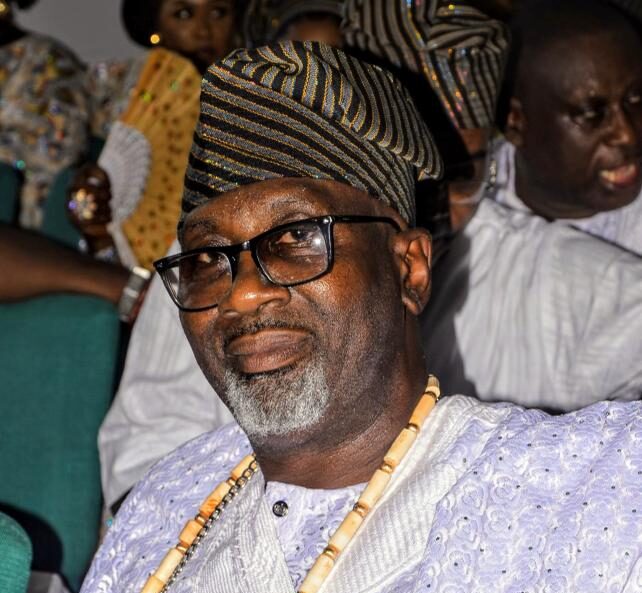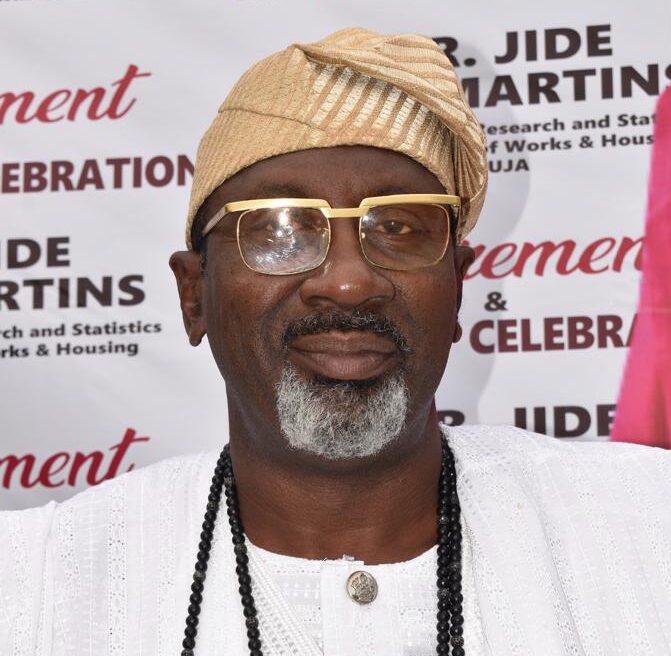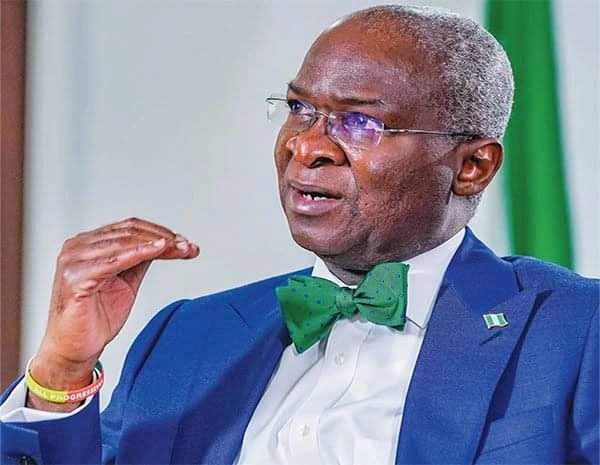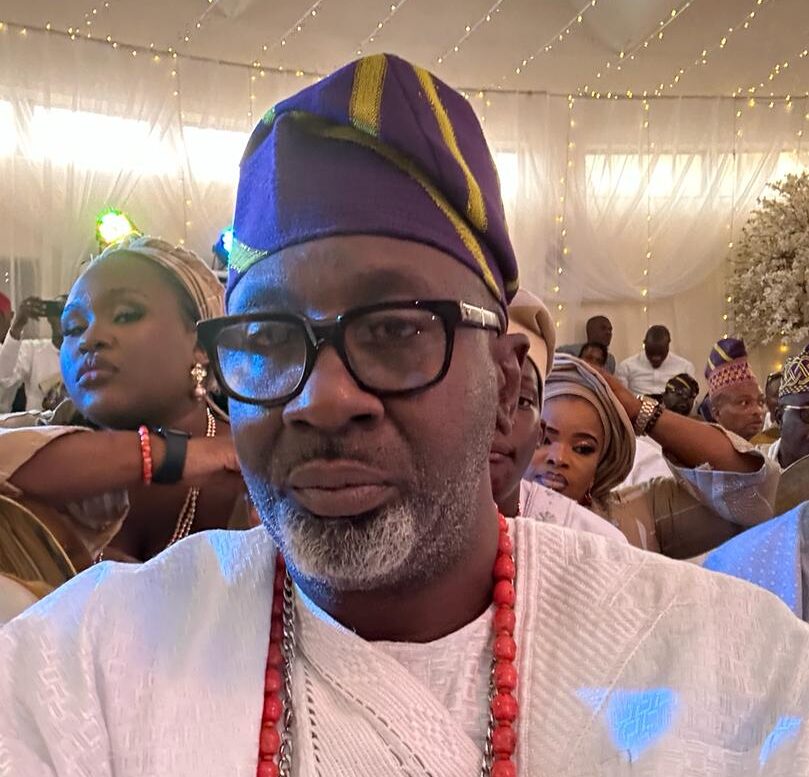IBARA LAND IS NOT EGBA LAND
BY – Abayomi ODUNOWO.
The BAMOFIN of Egba seems to be getting his history a little twisted when it comes to the ownership of Ibara land. Historically, Ibara land does not belong to the Egba people. Chief Sodeke led the Egbas to Ibara in 1830, as they were fleeing from the dangers of Ibadan under Maye. Oba Lafa of Ibara Orile welcomed the Egbas with open arms and provided them with a safe haven. The Egbas were grateful for his kindness and referred to him as ‘Lafa alaya agb’Egba’.
It is also puzzling to see the BAMOFIN questioning the intentions of a sitting governor based on tribe, as this goes against the unity and support that should be present among the Egba people. The issues raised by the BAMOFIN are not only embarrassing but also misleading, as the history of Ogun state has never witnessed such segregation based on tribe.
The recent urban renewal act in Ibara in which GRA falls may have caused disorientation and sadness among the residents, but it was necessary due to the risk associated with the dilapidated state of the houses. Proper notices were given to all residents, and the decision was made in the best interest of public safety. It is important to understand the facts and history before making accusations that can cause division among the people.
The recent demolition of residential buildings by the government has raised questions about the legal rights of both the government and the residents affected. Under the Land Use Act of 1978, the government does have the legal right to demolish buildings in certain circumstances. The act gives the Governor of the state the authority to allocate land in urban areas, which includes the power to demolish structures that are deemed to be illegal or pose a threat to public safety.
However, the residents are entitled to fair compensation for their properties if they are legally occupying the land. This compensation should take into consideration the value of the property, any improvements made, and the inconvenience caused by the demolition.
If the government does not follow the proper legal procedures or fails to provide adequate compensation to the affected residents, they can be sued on the grounds of unlawful demolition, violation of property rights, or breach of trust under the Land Use Act. It is essential for the government to ensure that any demolitions are carried out in accordance with the law and that the rights of the residents are protected. This process however. Have been followed to the book in the usual characteristics of Prince Dapo Abiodun.
BAMOFIN of Egba land, I couldn’t help but feel a sense of sadness and disbelief. The letter claimed that a simple urban regeneration project has turned into a case of tribal misconduct, and I found it both disheartening and discouraging. The fact that a project endorsed by the paramount ruler of Egba would be portrayed in such a negative light is truly shocking. While the Olubara of ibara land the rightful owner have praised the actions of the Government
I have always held the BAMOFIN of Egba land in high esteem,as believed he stood for justice so it was surprising to see him being used to destabilize Ogun state in this manner. This is a new low in the history of the state, as questions are being raised in a tribalistic way that I never thought possible. The way the issue is being presented is, in my opinion, misleading. The expanse of land in question is home to some of the oldest buildings in the area, dating back to 1976 when Ogun state was created. These structures are not only outdated but also pose a serious safety risk if left unattended.
It is important to note that this is not the first time a regeneration project has taken place in the GRA housing estate. Similar projects have been carried out in the past without any controversy. So, it is puzzling to see why there is suddenly so much noise and negativity surrounding this particular project. One would assume that the BAMOFIN of Egba land, as a respected leader in the community, would appreciate the need for such development initiatives.
Furthermore, it is worth mentioning that the BAMOFIN of Egba land is not superior to other notable traditional rulers in the area, particularly the paramount ruler of Egba land. The fact that the paramount ruler has thrown his support behind this urban renewal project should carry more weight than the objections raised by the BAMOFIN. It is essential for all leaders in the community to work together for the common good, rather than allowing personal interests to get in the way of progress.
In light of this situation, it is clear that the tribal misconduct allegations are unfounded and misguided. This project is not about favoring one tribe over another but rather about revitalizing a crucial part of the community for the benefit of all residents. The safety and well-being of the people should be the top priority, and it is disappointing to see this being overshadowed by petty politics and personal agendas.
As a resident of Ogun state, I and a prince in the Lalubu dynasty I am a stake holder on the issue of ibara land and I believe it is essential for all stakeholders to come together and find a constructive way forward. Dialogue and cooperation are key to overcoming any challenges that may arise during the course of development projects. It is crucial that we set aside our differences and focus on the greater good for the community as a whole.
The urban regeneration project at hand should not be mired in tribal tensions and personal vendettas. It is a step towards progress and improvement for all residents of the GRA housing estate. I urge all parties involved to put aside their differences and work towards a solution that benefits everyone. Only through unity and collaboration can we truly achieve meaningful and lasting change in our community.
In the last five years, the administration of Prince Dapo Abiodun has undertaken a significant amount of demolition and rebuilding projects in various parts of the state. While the focus has been on urban regeneration and improving the infrastructure of the state, there have been concerns about the political motivations behind these actions.
One of the key aspects of the administration’s approach to urban regeneration has been the demolition of old and dilapidated structures to make way for new developments. This has been a necessary step in modernizing the state and providing better living conditions for its residents. However, the extent of the demolition carried out by the administration has raised eyebrows among some critics.
Despite the efforts to implement projects evenly across the three senatorial zones of the state, there have been claims that certain areas have been unfairly targeted for demolition. This has led to accusations of political favoritism and discrimination, with some alleging that the administration is using urban regeneration as a guise to target opposition strongholds.
The perception of political motivation behind the demolition projects has created a sense of crisis in some communities, with residents feeling targeted and marginalized by the government. This has led to protests and unrest in some areas, further exacerbating the tensions between the government and its critics.
It is important for all stakeholders to approach these issues with objectivity and fairness. While it is natural to question the motives behind government actions, it is crucial to base these criticisms on facts and evidence rather than speculation and hearsay. By engaging in constructive dialogue and holding the government accountable for its actions, we can ensure that urban regeneration efforts are carried out in a fair and transparent manner.
While the administration of Prince Dapo Abiodun has made significant strides in urban regeneration and rebuilding projects in the state, the perception of political motivation behind these actions has created unnecessary crises. It is important for all stakeholders to approach these issues with objectivity and fairness, and to hold the government accountable for its decisions. By doing so, we can ensure that urban regeneration efforts benefit all residents of the state and lead to sustainable development and growth.
Otunba Abdulfalil Abayomi Odunowo
National Chairman AATSG
+2349053535322



